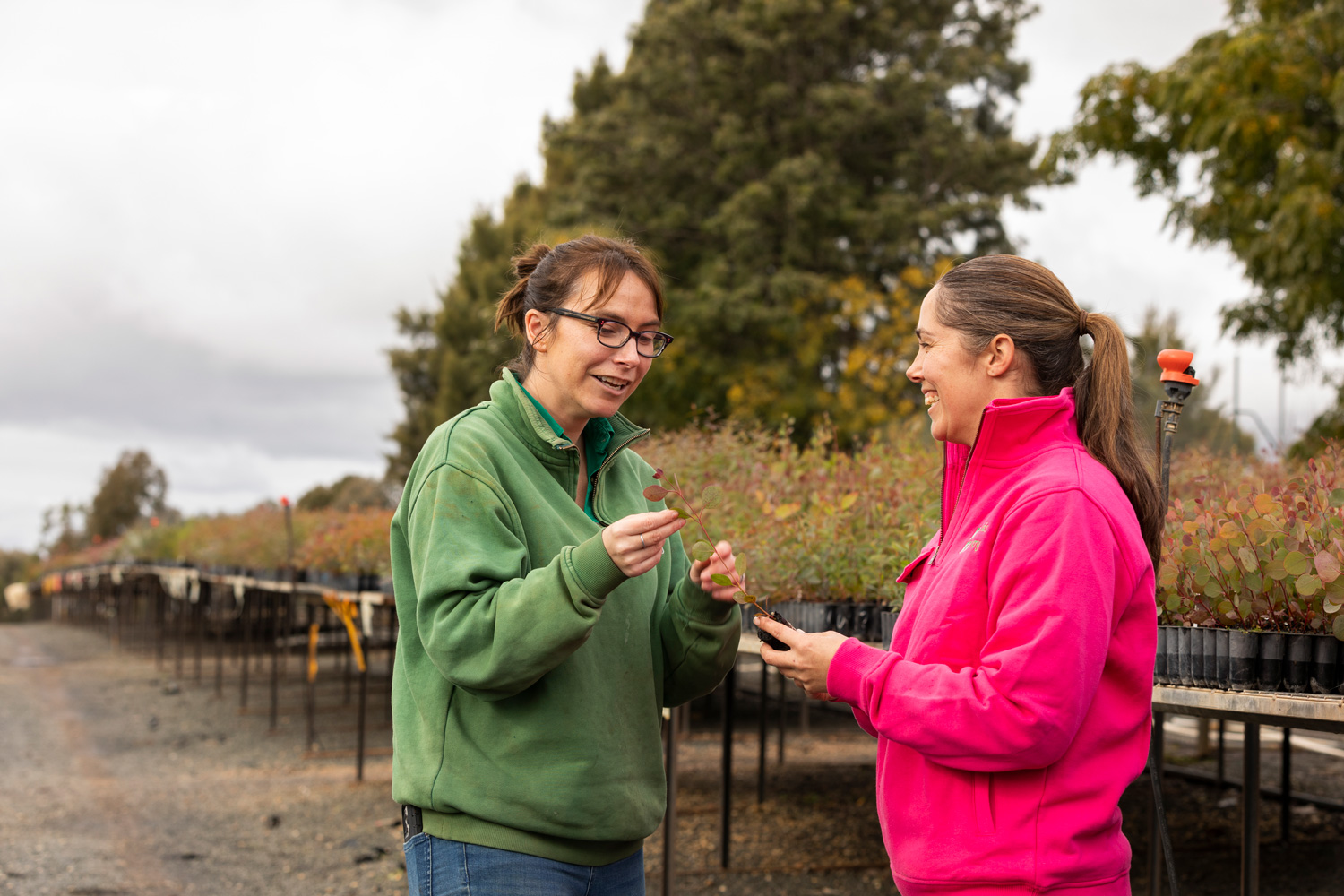Established under the Climate Change (Net Zero Future) Act 2023 (Act), we provide independent expert advice and recommendations to the NSW Government on progress towards the state's emission reduction targets and adaptation objective. Learn more about the commission here.
We are a NSW Government agency that is not subject to the control and direction of the Minister for Climate Change, except to the extent of the legislated functions outlined in Section 15 of the Climate Change (Net Zero Future) Act 2023.
The commission is directly accountable to the NSW Parliament through the Joint Standing Committee on Net Zero Future.
Our forward plan is currently under development. We expect to release the work plan on our website in early 2025. To be updated, please subscribe to our mailing list.
The commission comprises 7 appointed Commissioners: Dr. Paul Grimes (Chair), Ms. Maria Atkinson, Mr. Oliver Costello, Professor Frank Jotzo, Ms. Katerina Kimmorley, Ms. Meg McDonald and Professor Andrew Pitman as well as one ex-officio member, the NSW Chief Scientist and Engineer, Professor Hugh Durrant-Whyte.
The commissioners bring a diverse range of expertise, including climate change science, economics, technology, government and the impacts of climate change on various sectors, including human health. They are also well-versed in climate adaptation and mitigation, with a particular focus on the needs and interests of Aboriginal, regional and remote communities in NSW.
Commissioners are appointed for a five-year term by the NSW Governor with the endorsement of Cabinet and the NSW Minister for Climate Change. Appointed commissioners, excluding the NSW Chief Scientist and Engineer, are entitled to remuneration, including travel and expenses, determined by the Minister.
The Joint Standing Committee on Net Zero Future (the Committee) was established in June 2024 to inquire into and report on Net Zero Future. This Committee oversees the functions of the Net Zero Commission by:
- monitoring and reviewing the exercise of the Net Zero Commission’s functions under the Climate Change (Net Zero Future) Act 2023
- examining each annual report and other reports by the Net Zero Commission as the Committee sees fit
- reporting to both Houses of Parliament on any matter appearing in or arising out of any report produced by the Commission
- inquiring into any questions in connection with the Committee’s functions referred to it by both Houses of Parliament and to report to both Houses on that question.
Email us via [email protected] to request a meeting. Please include the purpose of the meeting, specific topics or projects you'd like to discuss and your preferred meeting format, either in-person or online.
We welcome your input. Submit feedback via [email protected].
You can subscribe to our mailing list, follow us on social or check our website regularly for news and updates.
We are committed to incorporating First Nations perspectives into our advice and recommendations. This commitment includes engaging with First Nations communities and leaders to ensure their knowledge, values and rights are respected and integrated into our work. We will seek to collaborate with First Nations stakeholders through consultations, partnerships and ongoing dialogue, recognising the importance of First Nations knowledge in addressing climate change and promoting sustainable practices. By prioritising First Nations voices, we aim to ensure our approach to achieving net zero is inclusive and equitable.
